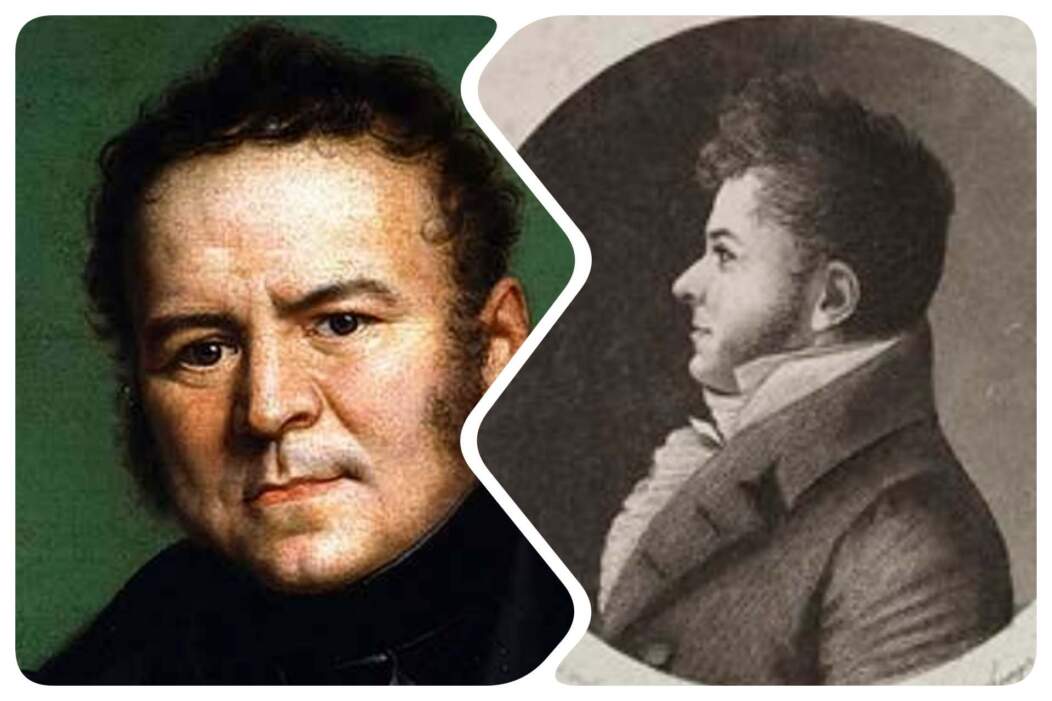Stendhal (1783–1842), pen name Marie-Henri Beyle, a French author, was born in Grenoble, southeastern France, on January 23, 1783, into the family of the advocate and landowner. As a child, he developed an abnormal sensibility and a tendency to morbid introspection while trying to escape from his narrow, provincial environment. He was a brilliant student. A French writer like Stendhal can do it all: be a top 20 novelist, a superb travel writer, a superb autobiographer, and as inimitable as any you’ll ever find.
In 1790, Stendhal traveled to Paris, where he stayed with the Darn family, distant relatives. With the younger Darns, he traveled to Italy as a soldier in 1800, attending the Battle of Marengo. From then on, Napoleon was his ideal personality, and Italy was his adopted country. In the first decade of the 19th century, his closest friend was his younger sister, Pauline.
He pursued various occupations and adventures in Paris, Marseilles, and elsewhere until 1814, when he returned to Italy. When Stendhal first visited Florence in 1817, he was apparently overwhelmed by the city’s cultural riches. He was a conspicuous figure in Milan, and his close association with eminent authors and radical politicians such as Manzoni, Monti, and Silvio Pellico made him politically suspect to the Austrian police. In 1821, Stendhal returned to Paris.
In Parisian salons, he was renowned for his wit. From 1831–41, he served as French Consul at the small Italian seaport, Civita Vecchia, a boresome experience for a man of Stendhal’s energy and intellect. Though it is not physically distressing, Trenitalia’s overnight train service from Paris to Venice is called the Stendhal Express in honor of Stendhal.
